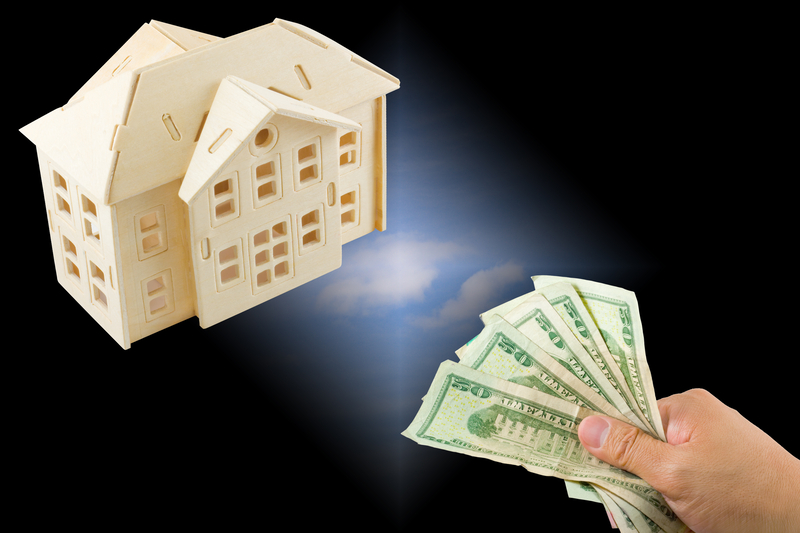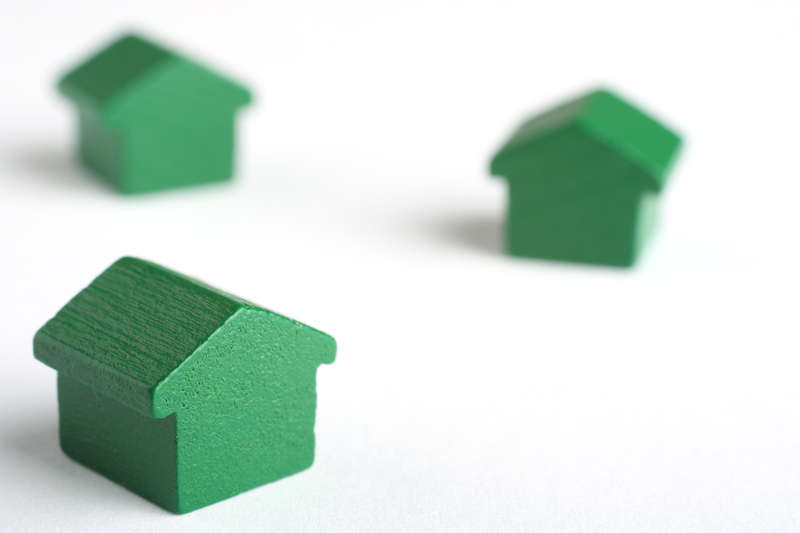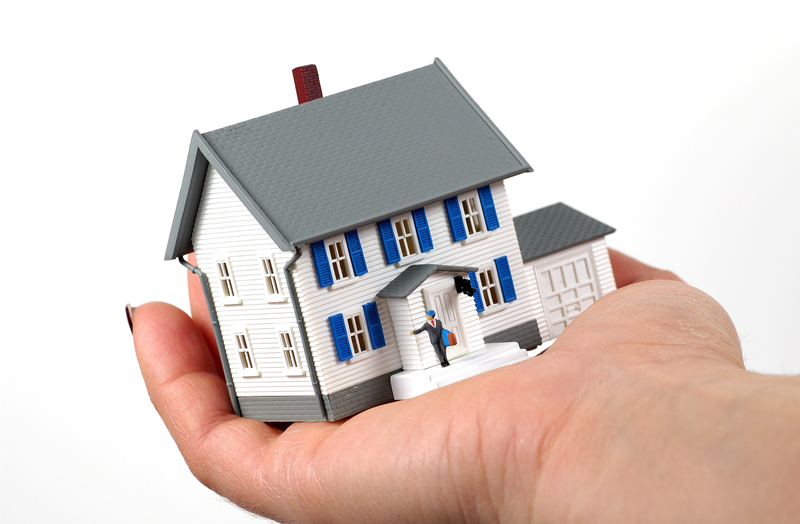Refinancing your mortgage might make financial sense for you. However, you need to do your research and be informed to make sure that a mortgage refinance is the right move for you. When you refinance your mortgage, you take out a new mortgage loan to pay off your existing mortgage debt.
Timing is key when you’re refinancing your mortgage. The following are five important scenarios that could indicate it’s time to refinance your mortgage.
Your credit has improved significantly since when you originally took out your mortgage.
One of the number one reasons to refinance is because you can get a lower interest rate now. If your credit score has gone up significantly since you bought your home, then you may be able to qualify for a better interest rate if you refinance with a new mortgage loan. While this is a great reason to refinance, you need to do the math. Make sure you’ll be saving enough with your lower interest rate loan to make it worthwhile to go to the trouble of refinancing.
Interest rates have gone down significantly since you took out your original mortgage.
Interest rates naturally fluctuate over time with changes in the market. As a homeowner, you should pay attention to changes in interest rates. If interest rates are now particularly low and they were on the high side when you took out your initial loan, it might be a good idea to refinance and take advantage of the savings.
You have found a mortgage lender who is offering you a better deal.
Some home buyers make the mistake of taking out a mortgage loan with a higher interest rate even though they could have qualified for something better. Fortunately, you don’t have to be stuck with a loan that’s not really a good deal for you if you find a better offer along the way.
Your timeframe goals have changed for paying off your mortgage loan.
Homeowners often decide to refinance their mortgage loan because they want to shorten or extend the life of their mortage. Longer loan terms typically mean higher interest expenses. If you can pay your loan off faster, you can save money on interest. You might want to refinance if you have more money to put toward your mortgage payment every month and you want to own your home outright sooner. Just remember that a shorter mortgage loan term is likely to mean higher monthly payments.
You want to change your loan type.
The two main types of mortgage loan out there are adjustable and fixed rate mortgage loans. A fixed rate mortgage loan will have the same mortage rate throughout the loan term. While fixed rate is the best type of mortgage when interest rates go up after you buy your home, it could turn out to be more expensive if interest rates go down. Fortunately, you may be able to refinance and switch to an adjustable rate mortgage loan if you want to take advantage of dropping interest rates.









